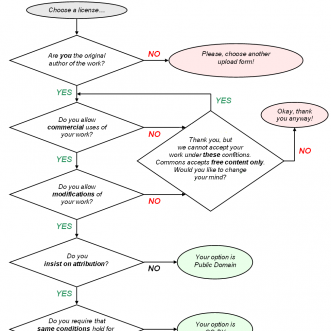June 11, 2019
We bought a new sofa on Saturday. We visited the Soho showroom and spent a good hour or so trying various models out, measuring them, discussing how we would get them into the room, and then ordered one.
We were helped by a very pleasant assistant who took us through creating an account so we could track our order, then placing the order for the sofa we wanted. All this was done via a large tablet – so essentially, we could have been anywhere – except that we got to print a postcard of our sofa, so we could look at it while we waited the 14 weeks for delivery.
All good. We left the showroom and went off to have a celebratory pint and a proper sit-down in the pub across the road.
That’s when they spoiled it.
The first thing I saw when I looked at my phone was an email from the sofa company, triggered by creating the account: “£10 off your first purchase with this code.”, followed by another email “Thank you for your order.”
Now, I am very happy with the sofa I’ve ordered, I liked the showroom experience, and found every person we spoke to extremely helpful. And £10 is no big deal given the price of the sofa.
But still I felt cheated. Because the way ordering worked in the showroom meant I couldn’t see that discount offer until it was too late. Better then, not to have made it, or to have applied it automatically.
As the money being poured into emotional AI shows, companies are very aware that humans are feeling beings, who can easily shift and be shifted between emotions.
It would be a pity for all that money to be thrown into making promises, not at keeping them.









